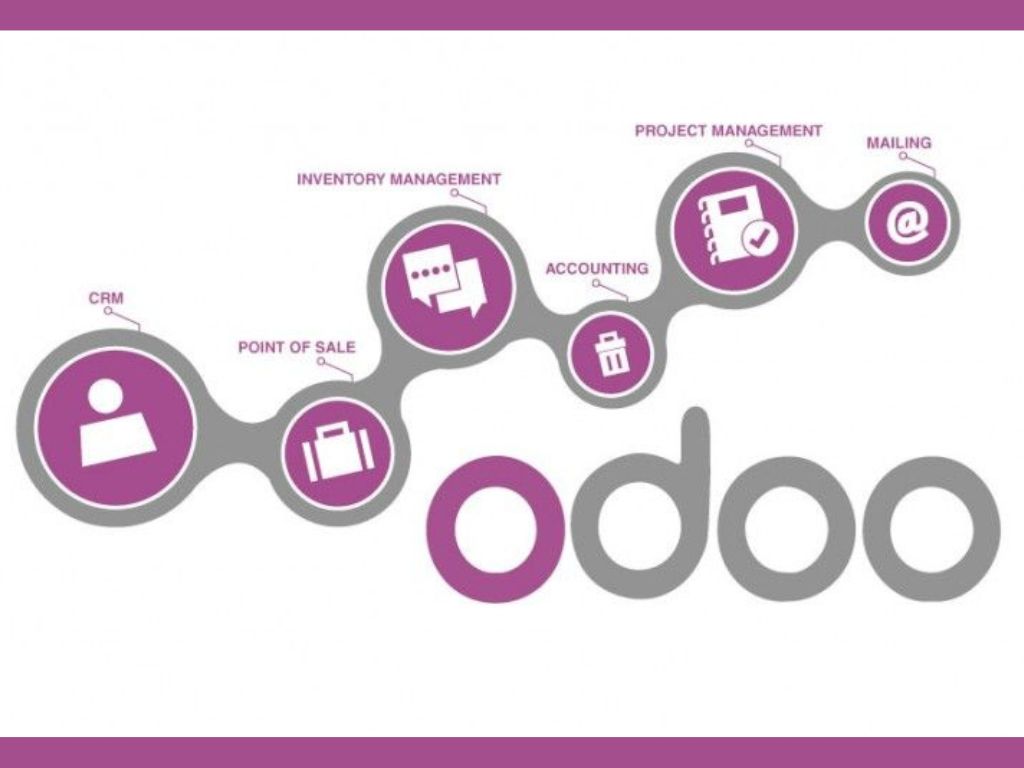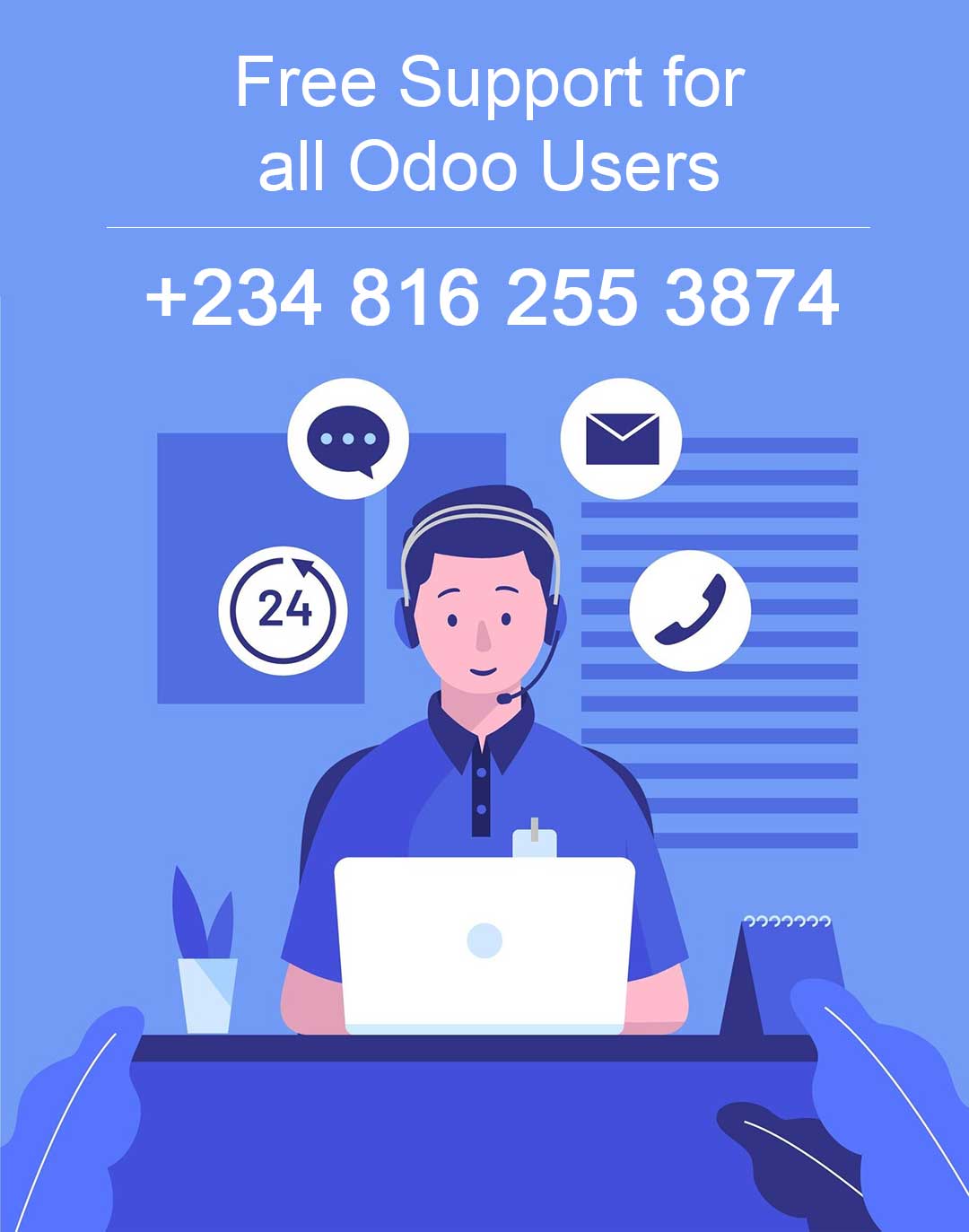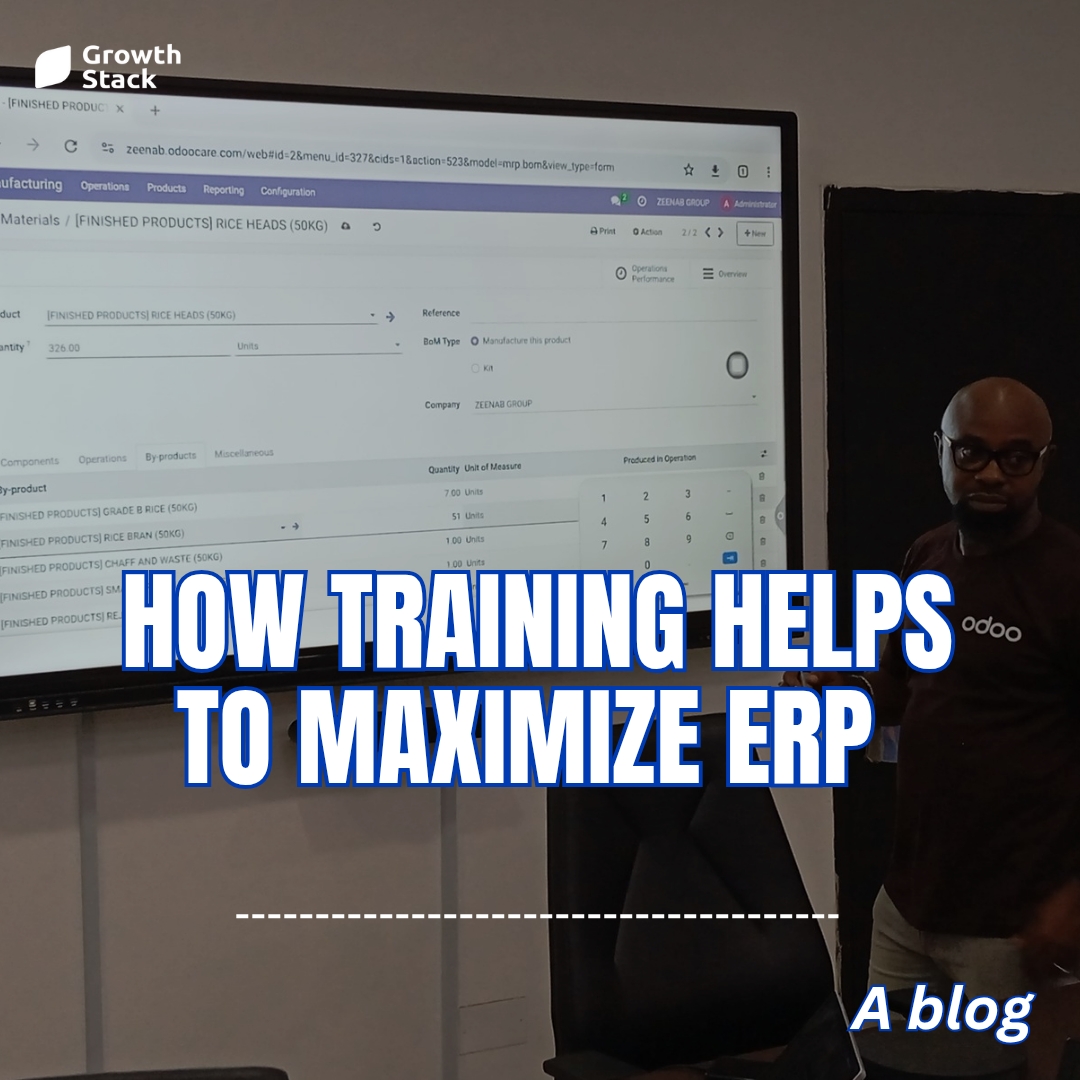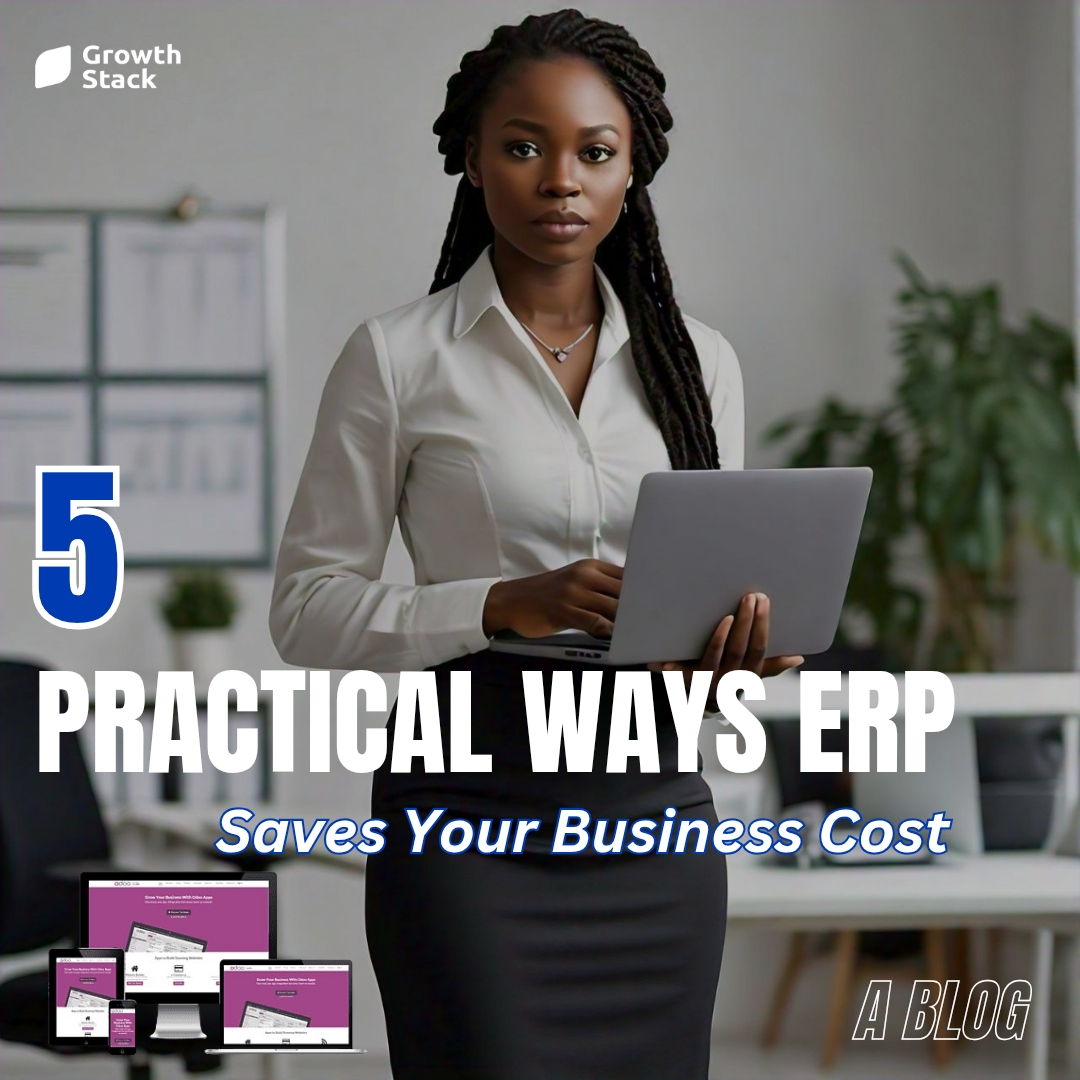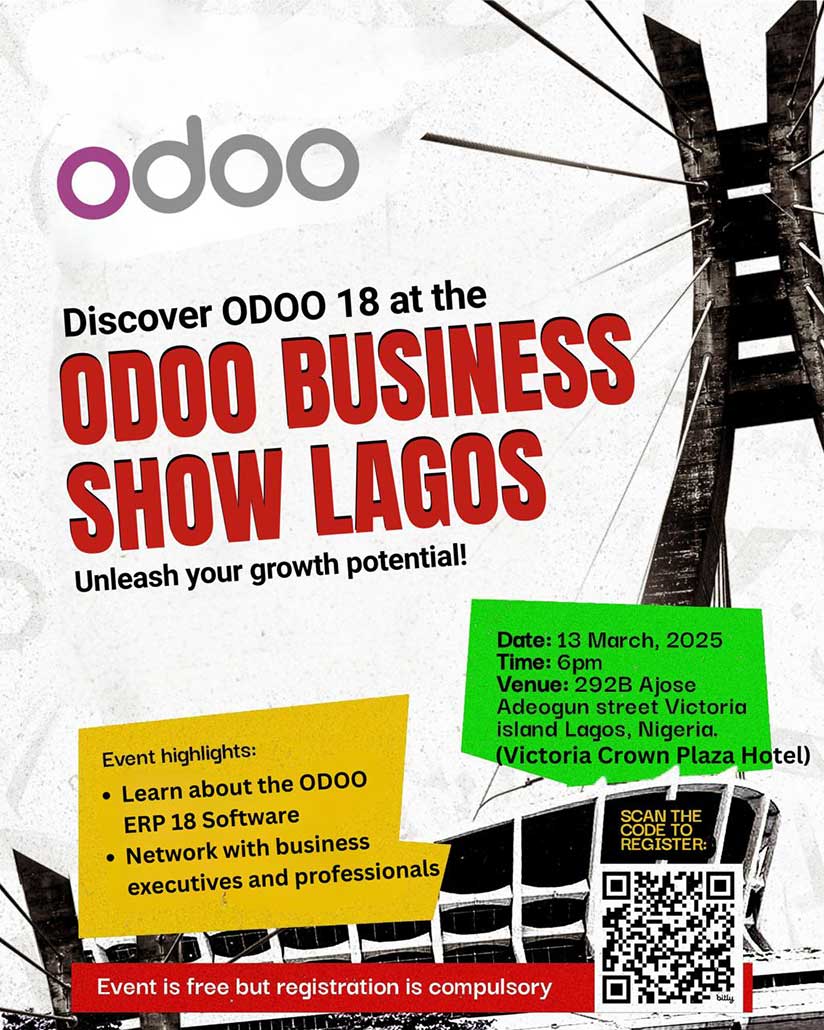Introduction:
Building good customer relationships is critical for success in today’s increasingly competitive company world. ERP systems have powerful Customer Relationship Management (CRM) components designed to streamline sales, service, and marketing activities. ERP for CRM enables firms to better manage customer contacts, improve customer happiness, and drive corporate growth by combining various operations into a unified platform. In this article, we will look at the benefits and functionalities of ERP for CRM, demonstrating how it optimizes sales, service, and marketing operations to boost revenue and nurture customer loyalty.
Integrated Customer Data:
ERP for CRM includes a centralized database that consolidates customer information, such as contact information, purchase history, preferences, and communication records. Organizations can better understand their customers’ demands by taking a holistic picture of them and tailoring their sales, service, and marketing efforts appropriately. Integrated customer data reduces data silos and improves cross-departmental collaboration, resulting in consistent and personalized customer experiences.
Streamlined Sales Processes:
ERP for CRM automates critical sales processes such as lead management, opportunity monitoring, and quote generation to streamline the sales cycle. Sales teams can prioritize leads, manage progress, and close transactions more efficiently with a full picture of client interactions and sales pipelines. ERP systems also make sales forecasting easier, allowing businesses to examine sales patterns, create goals, and allocate resources more effectively.
Efficient Service Management:
By streamlining service management operations, ERP for CRM enables firms to provide great customer service. It offers effective ticket management, tracking of client enquiries, and case escalation and resolution automation. To provide specialized and timely support, service staff can access client data such as purchase history and previous interactions. ERP systems, with integrated knowledge bases and self-service portals, enabling clients to discover answers to their questions and address difficulties on their own.
focused Marketing Campaigns:
By exploiting customer data and segmentation, ERP for CRM provides focused marketing campaigns. To send targeted marketing messages, businesses can develop client segments based on demographics, buying behavior, and preferences. Email marketing, campaign management, and marketing analytics are all supported by ERP systems, allowing firms to analyze campaign effectiveness, measure ROI, and optimize marketing strategies. Businesses may enhance consumer engagement and conversion rates by offering personalised and relevant marketing materials.
Customer Analytics and Insights:
ERP for CRM includes powerful analytics and reporting tools that provide useful insights into customer behavior and trends. Organizations can use customer data like as purchasing habits, satisfaction levels, and engagement indicators to find upselling, cross-selling, and customer retention opportunities. ERP systems enable firms to build targeted strategies and improve customer experiences by facilitating data-driven decision-making.
Integration with Sales Channels:
ERP for CRM connects with a variety of sales channels, including e-commerce platforms, online marketplaces, and retail point-of-sale (POS) systems. This connectivity guarantees that data flows seamlessly across sales channels and ERP systems, removing the need for manual data entry and decreasing errors. Organizations receive a holistic perspective of sales performance, inventory levels, and customer preferences by combining sales data from numerous channels, enabling better inventory management and order fulfillment.
Customer Relationship Insights:
ERP for CRM gives a 360-degree perspective of customer relationships, allowing businesses to analyze interactions, assess satisfaction levels, and find engagement possibilities. Organizations may discover loyal customers, track customer lifetime value, and execute loyalty programs using historical data and customer touchpoints. Relationship-building activities, like as follow-up reminders, targeted emails, and proactive customer support, are facilitated by ERP systems, creating long-term client loyalty.
Conclusion:
ERP for Customer Relationship Management transforms sales, service, and marketing operations, allowing businesses to provide amazing customer experiences while driving corporate success. By integrating customer data, speeding sales processes, improving service management, and enabling targeted marketing efforts,
